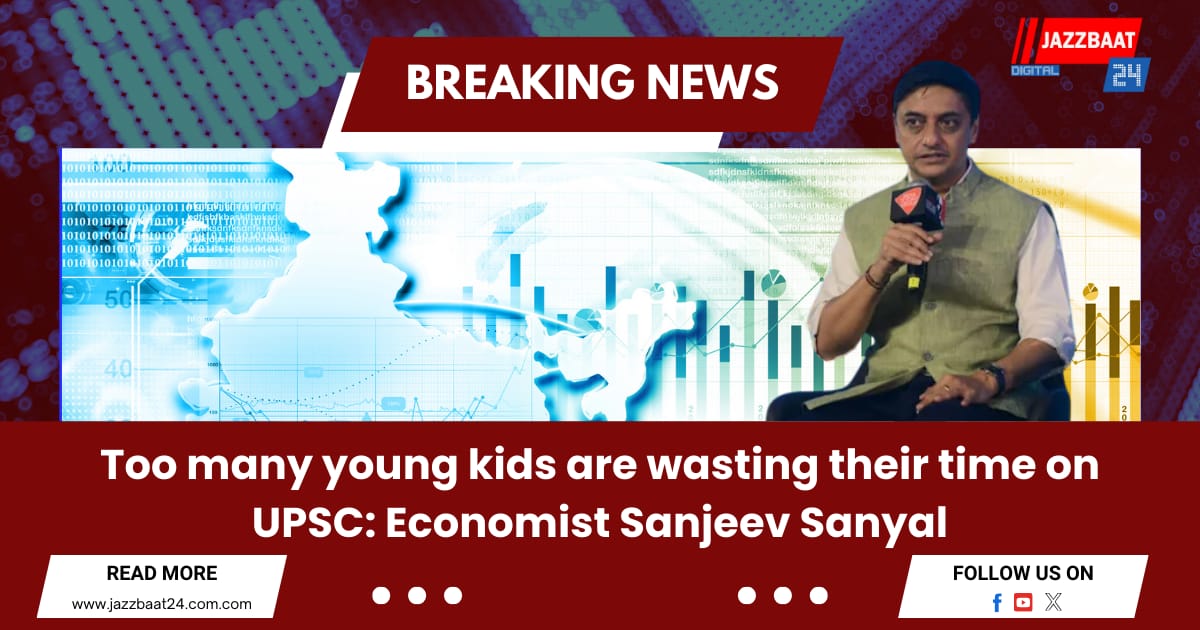Renowned economist Sanjeev Sanyal has sparked a contentious debate by expressing concerns over the increasing number of young individuals devoting substantial time and effort to preparing for the Union Public Service Commission (UPSC) examinations. Sanyal's remarks shed light on a growing trend where a significant portion of India's youth is channeling their energies towards civil services aspirations, raising questions about the broader implications of this phenomenon.
In a recent statement, Sanyal cautioned against what he perceives as an overemphasis on UPSC exams among the country's youth, suggesting that the pursuit of civil services careers may not always align with individual aspirations or societal needs. While acknowledging the importance of a competent bureaucracy, Sanyal contends that the allure of civil services often detracts from exploring alternative career paths and entrepreneurial endeavors, potentially stifling innovation and economic growth.
Sanyal's remarks resonate with broader discussions about education, employment, and societal expectations shaping the aspirations of India's youth. The growing popularity of UPSC exams reflects not only a desire for stability and prestige but also systemic issues related to employment opportunities, income inequality, and social mobility.
Critics argue that the intense focus on UPSC exams perpetuates a narrow definition of success, reinforcing traditional notions of achievement linked to government positions and bureaucratic roles. This, they argue, overlooks the diverse talents and aspirations of young individuals, limiting their potential contributions to various sectors of society.
However, proponents of the civil services route highlight its merits as a pathway to public service and societal impact, citing the need for dedicated and competent individuals in governance roles. They argue that the UPSC examination process serves as a rigorous selection mechanism to identify talent and leadership potential, essential for effective governance and policy implementation.
As debates rage on, Sanyal's intervention underscores the importance of fostering a more holistic approach to career guidance and youth development. Balancing the pursuit of civil services aspirations with encouragement for innovation, entrepreneurship, and vocational pursuits is essential in nurturing a dynamic and inclusive ecosystem conducive to individual growth and national progress.
In conclusion, economist Sanjeev Sanyal's remarks on the prevalence of UPSC exam preparation among young individuals ignite discussions about the broader implications of this trend. As India's youth navigate their career paths, striking a balance between civil services aspirations and diverse avenues of engagement remains paramount for fostering inclusive growth and societal well-being.

